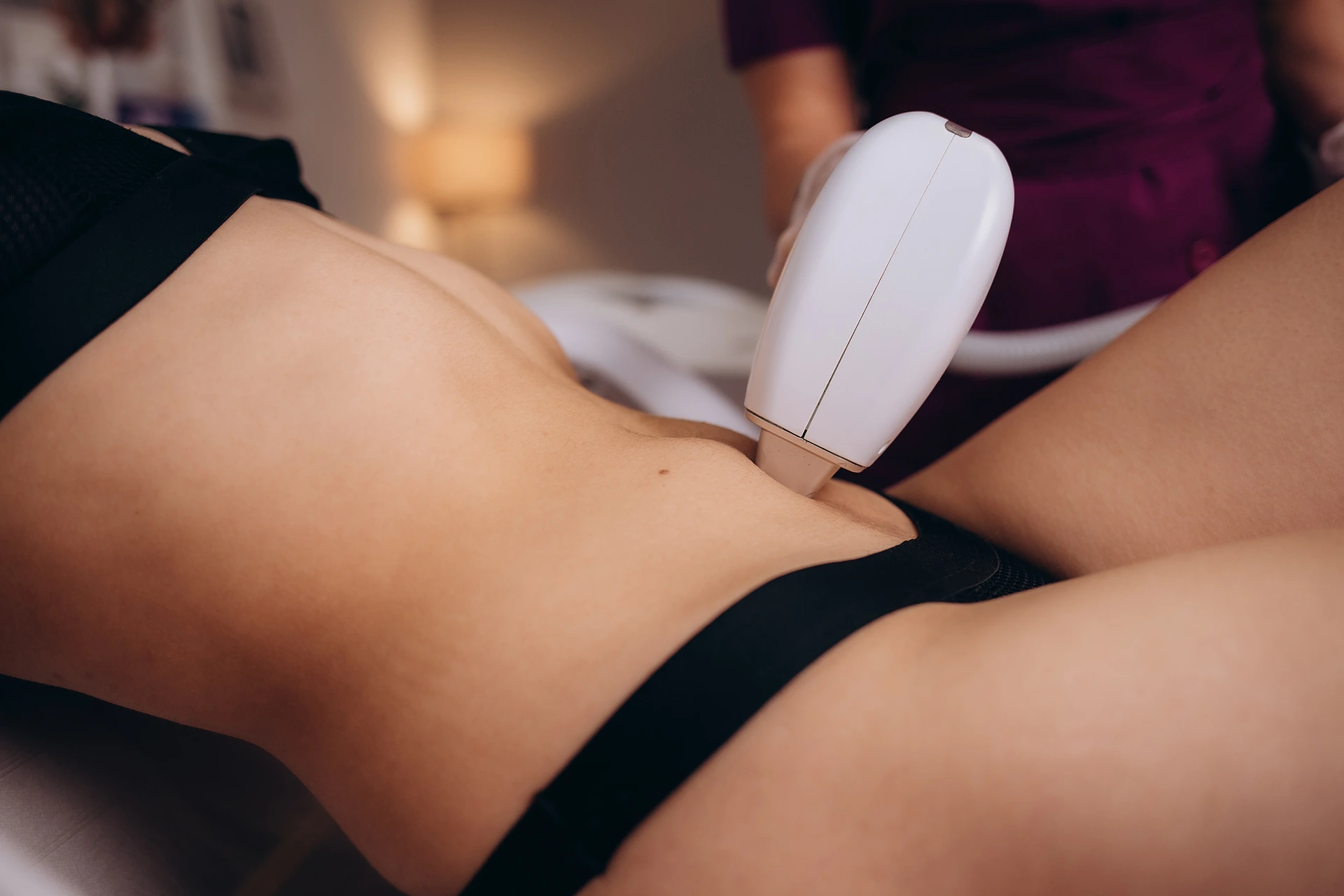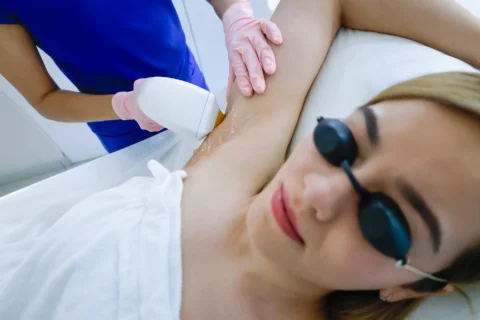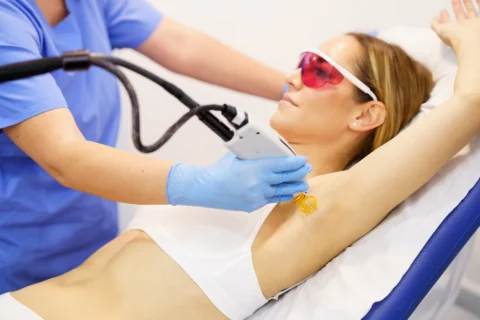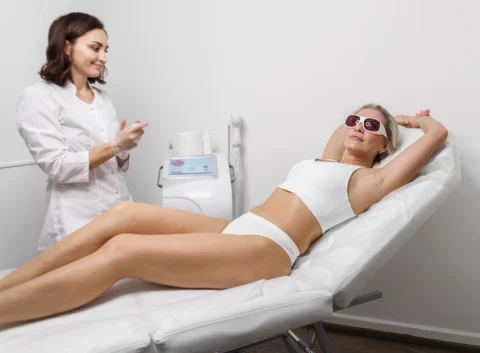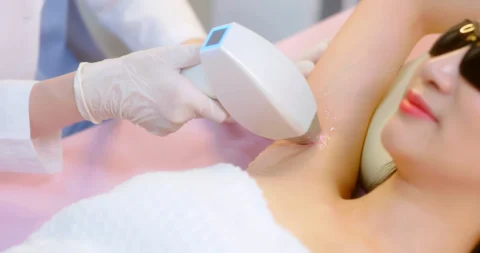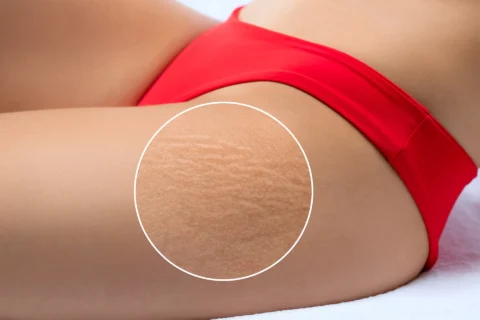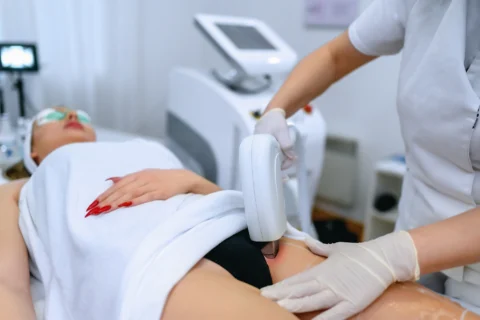Smooth Expectations: Understanding Hair Removal Options for Moms-to-Be
Pregnancy is an exciting and beautiful time, but it also comes with many changes for a woman’s body. As hormone levels shift and physical changes occur, unwanted hair growth in new areas is a common complaint.
With bare shoulders and legs exposed in warmer weather, pregnant women may consider laser hair removal as a quick fix for silky smooth skin.
But is this an option that is actually safe during pregnancy?
Unfortunately, the consensus among healthcare professionals is that it’s best to avoid laser hair removal until after pregnancy. But why is that the case?
Let’s take a closer look at the concerns, risks, expert recommendations, and safer alternatives for hair removal during this special time.
The Lack of Definitive Research
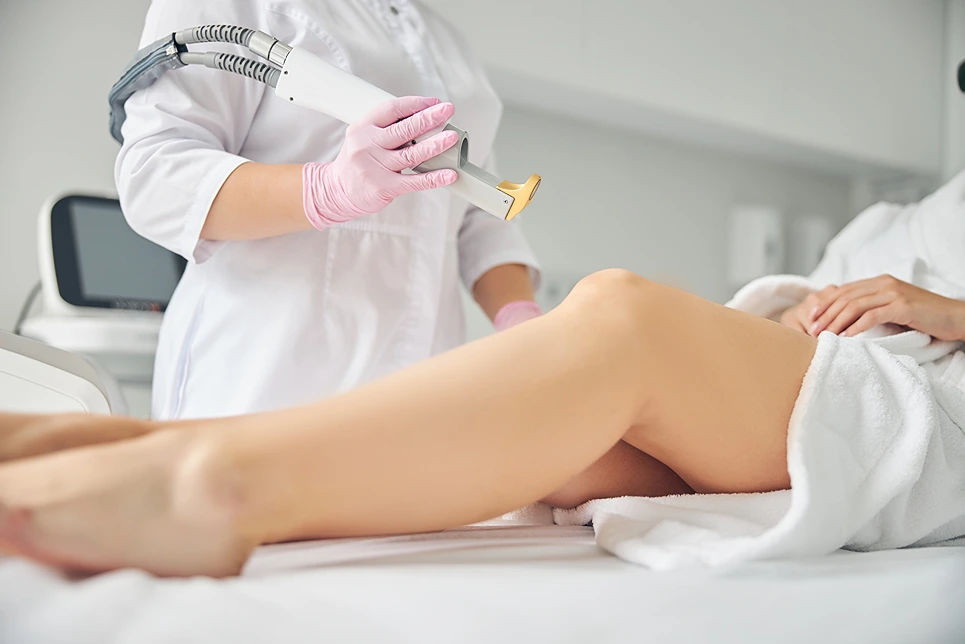
Many healthcare providers recommend avoiding laser hair removal during pregnancy. This guidance stems from a lack of scientific research on the safety and effects of the procedure, specifically on pregnant women and unborn babies.
There is little evidence available about the impacts of laser hair removal treatments on expecting mothers. Very few studies have been conducted to date that isolate the effects of these cosmetic lasers on women during pregnancy and on fetal development.
Without definitive research, most medical professionals err on the side of caution when it comes to laser hair removal for expecting mothers.
Medical Guidelines Urge Caution
Due to the lack of studies focused on pregnant populations, medical guidelines prefer to err on the side of maximum caution when it comes to cosmetic treatments like laser hair removal.
The American College of Obstetricians and Gynecologists states that “elective cosmetic procedures generally should be postponed until the postpartum period,” including laser hair removal.
Doctors want to rule out any possible risks that procedures involving light therapy and heat exposure may have on fetal development in the absence of studies confirming complete safety.
Potential Risks of Laser Hair Removal During Pregnancy
While there’s no evidence showing harm, some potential risks are theoretical concerns with laser hair removal for pregnant women.
Increased Risk of Skin Burns
Pregnancy-related hormonal changes can heighten the risk of skin burns from laser hair removal treatments. These changes may slow the healing process, increasing the likelihood of hyperpigmentation or scarring.
Reduced Effectiveness of Treatments
Hormonal influences on hair growth patterns during pregnancy can diminish the effectiveness of laser hair removal. These changes disrupt the normal hair growth cycle, potentially affecting treatment timing and results.
Hormonal Changes and Skin Sensitivity
Pregnancy induces hormonal fluctuations, leading to increased skin darkening (melasma) and heightened sensitivity. This increases the risk of adverse effects from laser treatments. Additionally, these hormonal changes disrupt the hair growth cycle, impacting laser hair removal’s efficacy.
Immune System Considerations
The immune system may be compromised during pregnancy, extending the healing time for skin injuries like burns from laser treatments and raising the risk of infection.
Exposure to Radiation
Although laser hair removal involves low levels of radiation, there’s a theoretical risk associated with exposure during pregnancy. High doses of radiation can lead to serious complications, such as miscarriage and fetal malformations, but the doses in laser hair removal are typically not this high.
Potential for Severe Skin Reactions
The risk of severe skin reactions to laser treatments, such as irritation, changes in skin color, blistering, and scarring, may be higher during pregnancy. In rare instances, laser hair removal can cause excessive hair regrowth.
It’s advised to wait at least three months after delivery before resuming laser hair removal treatments. This waiting period allows hormone levels to normalize, reducing potential risks and improving treatment effectiveness.
For this reason, some providers feel side effects and complications could potentially be worse than normal during laser hair removal while pregnant. However, there are no studies assessing this either.
Safer Alternatives Recommended During Pregnancy
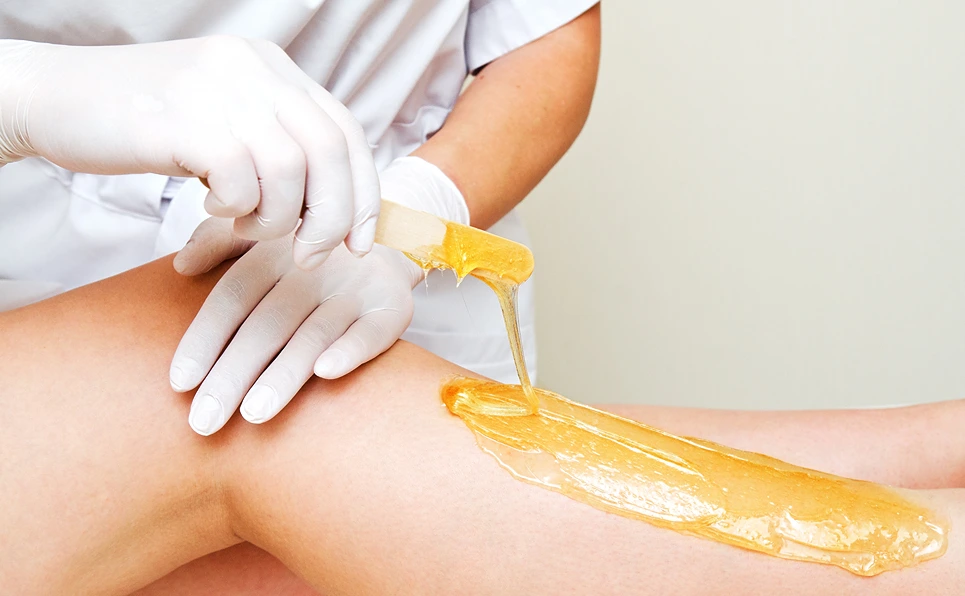
The good news is that there are safer alternatives for hair removal to consider during the nine-month wait until laser treatment can resume post-pregnancy. Methods generally considered safe in pregnancy include:
| Method | Description | Tips |
| Shaving | Cutting hair at the skin’s surface with a razor. | Use a sharp razor and shaving cream to protect sensitive skin and avoid cuts. |
| Waxing | Removing hair from the root by applying and then quickly pulling off wax. | Test on a small area first due to increased skin sensitivity. Consider professional services for less discomfort. |
| Plucking/Tweezing | Pulling out hair from the root with tweezers, ideal for eyebrows and facial hair. | Sterilize tweezers to prevent infection. |
| Epilators | Electronic devices that remove multiple hairs at the root. | Start on a low setting to test comfort, especially on sensitive areas. |
| Depilatory Creams | Creams that dissolve hair below the skin’s surface. | Do a patch test to check for skin reactions, given the potential for increased sensitivity. |
Of course, even these methods are not entirely without risks. Techniques like waxing may be more irritating on pregnant skin.
Rashes or skin reactions are possible with chemical depilatory creams. Proper application and care should be taken to avoid cuts or abrasions that could become infected.
However, most experts agree that these transitory hair removal methods pose minimal concern compared to permanent laser procedures. Paying attention to skin changes and proceeding cautiously can further reduce risks.
When Is Laser Hair Removal Safe After Pregnancy?
Once you’ve had your baby, how long should you wait before pursuing laser hair removal treatments? Recommendations vary slightly among dermatology experts.
Some advise waiting 3-6 months after giving birth to allow hormones to normalize before resuming laser procedures. Others suggest waiting until 6-12 months postpartum not only for hormone levels to stabilize, but for potential skin changes like melasma to resolve.
If you choose to breastfeed, you’ll also want to wait until you have completely finished nursing your baby. This allows hormone levels to return to normal pre-pregnancy ranges. Changes to breast tissue while lactating mean laser treatments in chest areas should wait until this stage is also fully completed.
The exact timeframe comes down to each patient’s individual considerations.
The most important takeaway is that laser hair removal after pregnancy is universally considered safe, it’s undergoing treatments during pregnancy that experts caution against due to potential fetal risks.
The Bottom Line
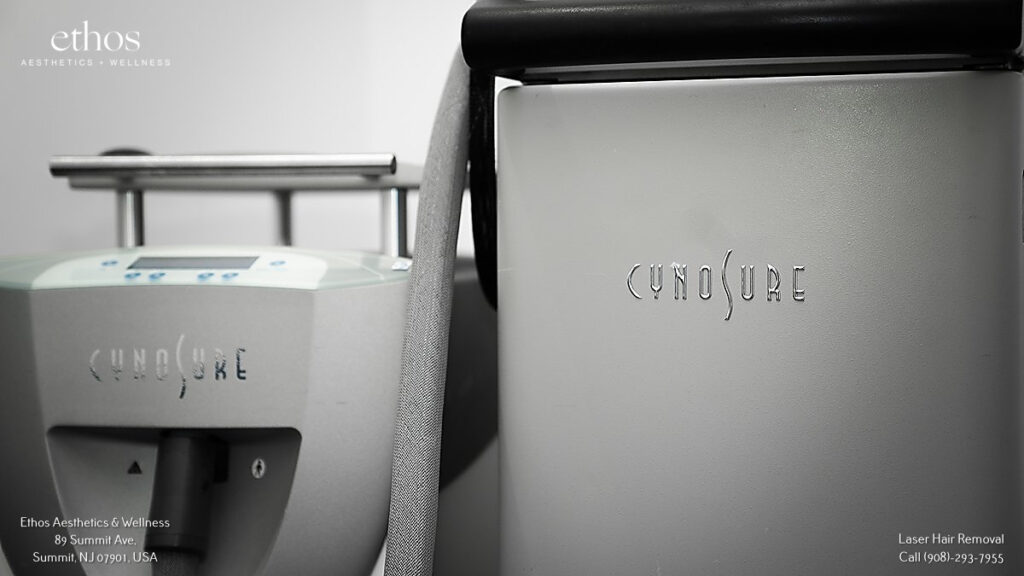
While no studies definitively prove harm to pregnant mothers or developing babies from laser hair removal treatments, the lack of comprehensive research means medical professionals strongly advise patients to wait until the postpartum period for these cosmetic procedures.
Alternative hair removal options like shaving and waxing carry minimal concerns during pregnancy.
But laser treatments involve unknowns that could theoretically impact fetal development, leading obstetricians and dermatologists to recommend postponing this non-essential process until after giving birth.
If you have unwanted hair growth during pregnancy, take comfort that it should resolve over time after delivery. Then, once your doctor gives the all-clear, you can safely resume laser hair removal treatments and achieve smooth skin.
But during pregnancy itself, patience and safer hair removal alternatives are your best options for a comfortable, worry-free journey to motherhood.

